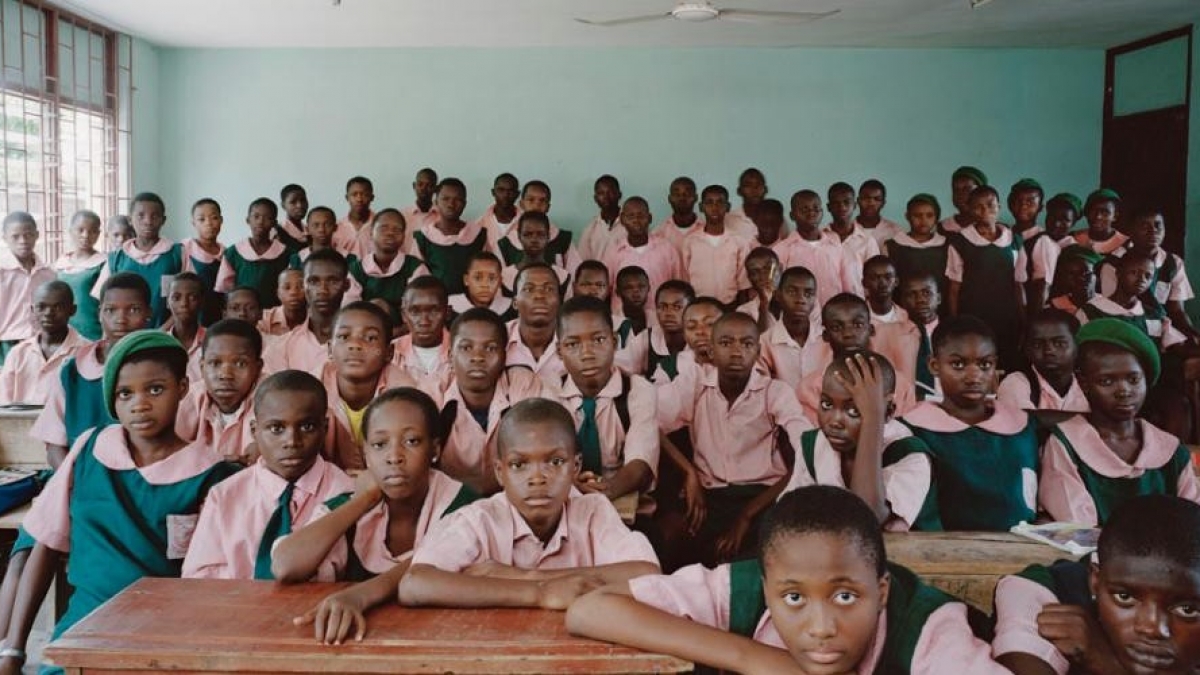In my last post, I presented the first part of the “Travails of Education in Nigeria”. This week, the potential dangers are examined. This is because the neglect of the education sector in Nigeria poses several dangers:
- Poor skills acquisition and development- The inability of the government to pay attention to the education sector retards the efforts to develop skills properly. Poor funding of education means that the sector will not be able to attract the required professionals, both local and foreign, thereby restricting the quality of curriculum that is essential for skills acquisition in the country. For instance, in the early 1960s and 1970s, Nigerian universities attracted several foreigners as full-time lecturers and even visiting lecturers. However, one can hardly find these days foreign experts to teach in Nigerian universities. Again, the primary and secondary schools used to attract capable hands like Ghanaian teachers and others from the West Coast in Africa. This made the Nigerian education sector very productive and buoyant during the early periods. The quality of graduates and secondary school leavers in those days attest to this fact. However, this looks like a mirage these days because qualified hands now seem disinterested in the sector. Today, the concept of “Half-baked Graduates” is now synonymous with our universities as fresh graduated are now termed “Unemployable” by recruiting firms.
- Low Self Esteem- Many school-leavers from both primary and secondary schools in Nigeria today cannot be compared to their counterparts of the 1960s and 1970s. Most school certificate holders now look like they have not learnt anything. The graduates of colleges of education, technical colleges and other Monotechnics have low self-esteem because education is now about obtaining certificates rather than knowledge acquisition. Most importantly, graduates of Polytechnics and Universities in Nigeria are shadows of themselves when compared with their counterparts who studied abroad. The reason is simple, the methodologies of teaching, laboratories, internets, and other education facilitation materials in Nigerian schools are either non-existent or inadequately provided. This makes our graduates less motivated and inferior to their colleagues abroad. Students who attend private institutions in Nigeria with adequate and up-to-date facilities have higher self-esteem than their counterparts in public institutions. This poses a bad omen to the future of the country.
- Bleak Future- The critical problem of the Nigerian economy currently stems from the neglect of the education sector. The aphorism says that “Education is the opium of the people”. Education brings exposure, financial independence, tolerance, the feeling of self-fulfilment and so on. Nevertheless, in Nigeria, the reverse is the case. There are ambient crises all over the country. Most especially, the Boko Haram issue in the North East of the country has been attributed to the several years of education Neglect in that region. The implication is that the future looks bleak for the country because the future leaders are already being crippled by obnoxious education policies.
For Nigeria to take its pride of place at the Commonwealth of developed nations (vision 20:2020), a series of steps need to be taken. Join me next week for the way forward on improving education in Nigeria………..


Nice one Sir. This is true.
@bisiriyu. Thanks
Sir, I sincerely commend your effort in this write up. You really nailed it on the head.
Thank you @favour. I am motivated.
It builds human capital development and paves way for national development at the long run. Nice one sir!
I agree with you @john.
This is the beginning of solution to these problems especially when well written issues like these are in the public domain. kudos to Prof
Waoh. Thanks my able Dr Taiwo
This is interesting and credible…
More grease to your elbows
Thanks @jonah
Good write up prof pls give them the way forward as well.
Thanks @Emmanuel. I will give the way forward in my discussion next week.
The features of the travails of this sector are well highlighted. As saddening as this is for me, I believe it has not gone beyond remedy, albeit it may take strong political will of all stakeholders for a rejuvenation to take place.
That’s the truth my friend.
Wonderful write up
Thanks ma